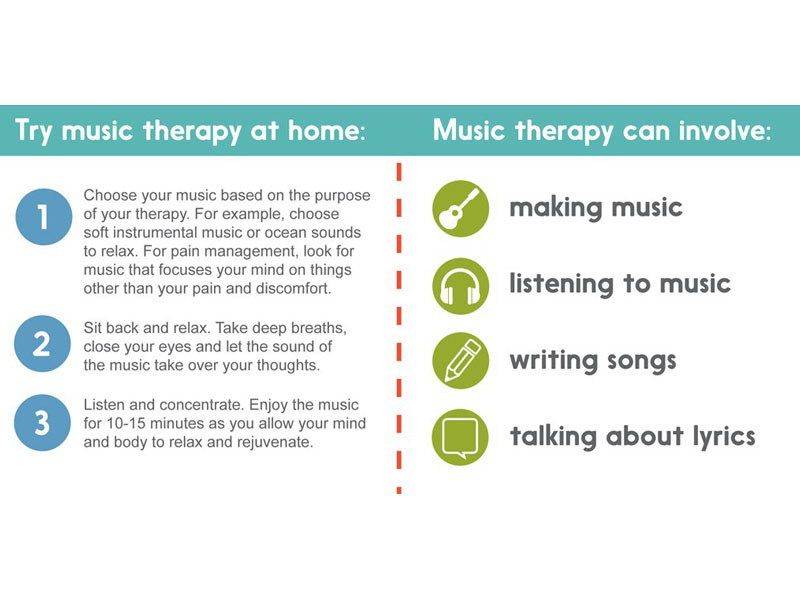
- Types of moods and affects how to#
- Types of moods and affects trial#
- Types of moods and affects series#
Despite these challenges, a compelling body of evidence has emerged. "Exercise seems not only important for treating depression, but also in preventing relapse," he says.Ĭertainly, there are methodological challenges to researching the effects of exercise, from the identification of appropriate comparison groups to the limitations of self-reporting. However, subjects who reported regular exercise at the one-year follow-up had lower depression scores than did their less active counterparts ( Psychosomatic Medicine, 2010).
Types of moods and affects trial#
The type of treatment they received during the four-month trial didn't predict remission a year later, he found. Exercise, he concluded, was generally comparable to antidepressants for patients with major depressive disorder ( Psychosomatic Medicine, 2007).īlumenthal followed up with the patients one year later. After four months of treatment, Blumenthal found, patients in the exercise and antidepressant groups had higher rates of remission than did the patients on the placebo. In one such study, he and his colleagues assigned sedentary adults with major depressive disorder to one of four groups: supervised exercise, home-based exercise, antidepressant therapy or a placebo pill.
Types of moods and affects series#
Blumenthal has explored the mood-exercise connection through a series of randomized controlled trials. The evidence comes from experimental studies as well. And people who were active and stopped tend to be more depressed than those who maintain or initiate an exercise program," says James Blumenthal, PhD, a clinical psychologist at Duke University. "There's good epidemiological data to suggest that active people are less depressed than inactive people. Some of the evidence for that comes from broad, population-based correlation studies.

Research shows that exercise can also help alleviate long-term depression. "Usually within five minutes after moderate exercise you get a mood-enhancement effect."īut the effects of physical activity extend beyond the short-term. "The link between exercise and mood is pretty strong," Otto says. If you've ever gone for a run after a stressful day, chances are you felt better afterward. But as evidence piles up, the exercise-mental health connection is becoming impossible to ignore. Researchers are still working out the details of that action: how much exercise is needed, what mechanisms are behind the boost exercise brings, and why - despite all the benefits of physical activity - it's so hard to go for that morning jog. There is much less awareness of mental health outcomes - and much, much less ability to translate this awareness into exercise action." "People know that exercise helps physical outcomes. "Exercise is something that psychologists have been very slow to attend to," agrees Michael Otto, PhD, a professor of psychology at Boston University.


"I think clinical and counseling psychologists could do a better job of incorporating exercise into treatment," she says.
Types of moods and affects how to#
Unfortunately, graduate training programs rarely teach students how to help patients modify their exercise behavior, Carter says, and many psychologists aren't taking the reins on their own. "I often recommend exercise for my psychotherapy clients, particularly for those who are anxious or depressed," she says. 47 (Exercise and Sport Psychology), she's well aware of the mental health benefits of moving your muscles. As immediate past president of APA's Div. Strolling through a therapy session often helps patients relax and open up, she finds. "I work on a beautiful wooded campus," says the counseling and sport psychologist at the Center for Balanced Living in Ohio. When Jennifer Carter, PhD, counsels patients, she often suggests they walk as they talk.


 0 kommentar(er)
0 kommentar(er)
